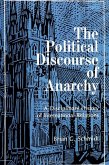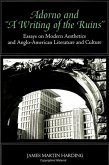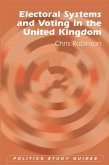Starting with a reevaluation of the critical scholarship done on the Chinese text, the Mu T'ien-tzu chuan, the author challenges the view of the text as a product of historical composition. Porter then argues that the discursive structures of flood myths, elements of which appear in the Mu T'ien-tzu chuan, have their origins in an attempt to mediate linguistically the frightening consequences of the falsification of cosmological truths.
The heuristic potential of the psychoanalytical theory of the symbol is used to explain the specific cosmogonic intentions underlying the genesis of myth, as well as broader manifestations of historical, social, and cultural behavior, most particularly literary works like the Mu T'ien-tzu chuan. The author explains how mythic symbols invested with cosmogonic and regenerative significance are appropriated in the literary resolution of a socio-political trauma analogous to those mediated by flood myths. Finally, she argues that not simply the Mu T'ien-tzu chuan but Chinese fictional discourse in general is most appropriately understood as a wholly symbolic form.
The heuristic potential of the psychoanalytical theory of the symbol is used to explain the specific cosmogonic intentions underlying the genesis of myth, as well as broader manifestations of historical, social, and cultural behavior, most particularly literary works like the Mu T'ien-tzu chuan. The author explains how mythic symbols invested with cosmogonic and regenerative significance are appropriated in the literary resolution of a socio-political trauma analogous to those mediated by flood myths. Finally, she argues that not simply the Mu T'ien-tzu chuan but Chinese fictional discourse in general is most appropriately understood as a wholly symbolic form.
Dieser Download kann aus rechtlichen Gründen nur mit Rechnungsadresse in A, D ausgeliefert werden.









